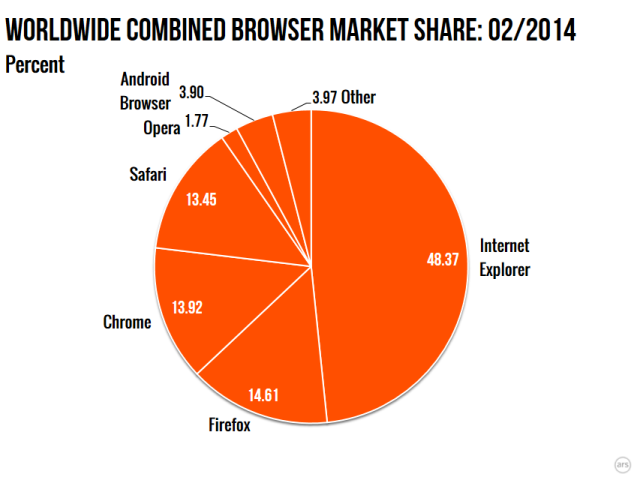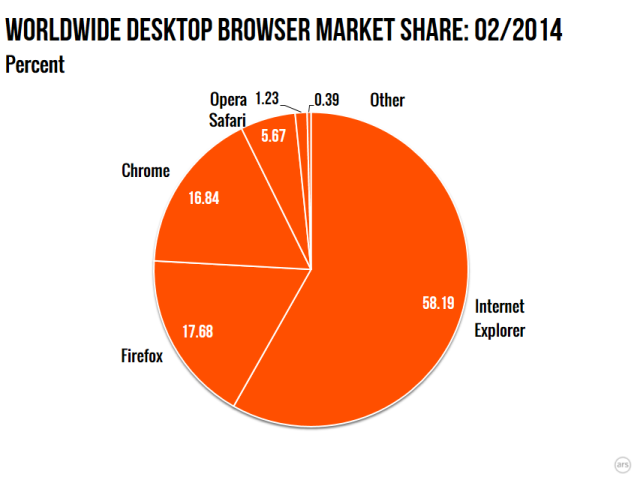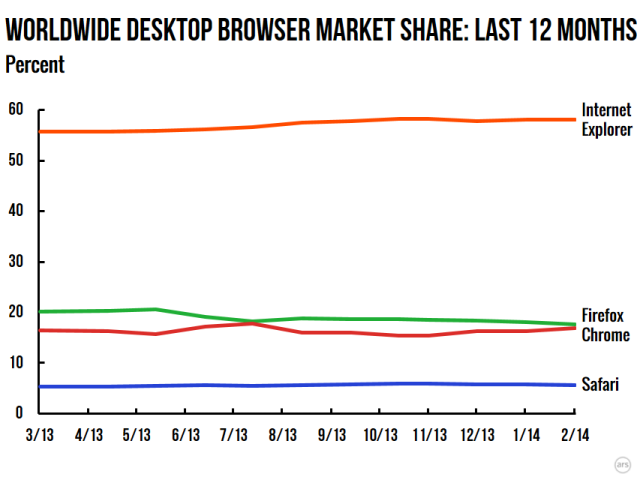“Android Wear” is Google’s wearables platform; hardware and SDK announced
// Ars Technica
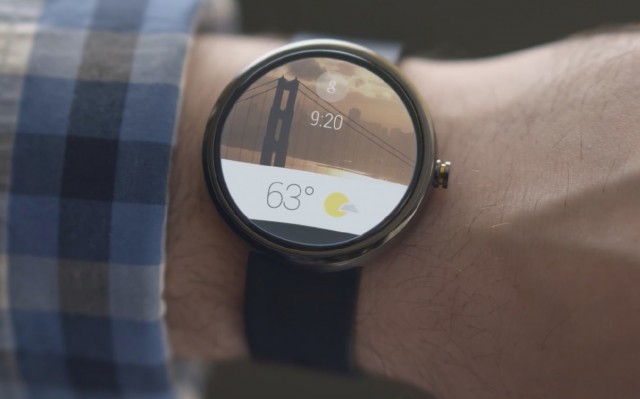
Google has taken the wraps off its fabled Google Watch platform today, announcing "Android Wear," its new platform for wearable devices. While the system is Android based, it also occupies the same position that Android does in the market—an OEM agnostic platform with a focus on app development, Google integration, and compatibility with many different types of hardware.
Google released two videos of the project showing off interface screens and several pieces of prototype hardware. The demo Android Wear devices are entirely touch- and voice-powered, with "OK Google" hot word detection. Google says one of the focuses of the OS is to "give you information when you need it most," alluding to heavy Google Now integration. Fitness is also an area of focus for Google, with the blog post saying Android Wear will pull down information from fitness apps. Android Wear will also be able to control other devices, with Google mentioning a voice command to start up a music player or to "cast" (read: ChromeCast) a movie to your TV.
The developer preview sign-up is live now, although Google says that getting in might take up to 24 hours. Google says it is working with hardware partners, including "Asus, HTC, LG, Motorola, and Samsung." Motorola has already announced the Moto 360, an Android Wear watch with a round display screen and metal body, due out in summer 2014. We've signed up for the SDK and will start digging through it as soon as we get it. Stay tuned!
Read on Ars Technica | Comments
Samsung’s “Tizen SDK for Wearable” will let anyone make a Gear smartwatch app
// Ars Technica
Google's wearables SDK is supposed to launch sometime next week, and it will mark the launch of a new Android-based platform that Google hopes will take over the wearables market the way that Android captured the smartphone market. The difference this time is that Google won't have the biggest Android OEM in its corner: Samsung is going out on its own.
Well, the company is at least dipping its toe in the "going out on its own" pool. Today Samsung is launching an SDK of its very own (first spotted by Engadget) for the new Tizen-powered Gear smartwatches. The Samsung Gear is the sequel to the company's disappointing Galaxy Gear smartwatch, and with the new hardware (actually three new pieces of hardware), Samsung has switched from Android to the Samsung-made Tizen OS. Samsung's rise to power in the mobile industry has been entirely fueled by Android-powered devices, but now the company feels it is big enough to try its hand at ground-up OS and ecosystem building.
Apps for the original Galaxy Gear were hard to come by. While there were some third-party apps, the SDK was only available to developers approved by Samsung. The awkwardly named "Tizen SDK for Wearable" is a public release, though, allowing anyone to make a Gear app. The Gear will need apps, too, because thanks to the switch to Tizen, the app pool is starting over from scratch.
Weeks before expiration date, Windows XP still has 29% OS market share
// Ars Technica
In February we saw the usual small movements in the browser market. More significantly, however, we didn't see any significant movements in the operating system market. For the second month in a row, Windows 8.x's share is basically unaltered... and so is Windows XP's.
The desktop browser space today seems steadier than it has been for a long time. Internet Explorer's share was virtually unchanged, down 0.02 points. Firefox also fell, down 0.40 points, and Safari dropped 0.13 points. Chrome grew, up 0.56 points. Chrome and Firefox haven't been this close since last July; perhaps 2014 will be the year when Chrome pushes Firefox into third place.
Absent some big reason to shake things up, this is unlikely to change any time soon. The impending loss of support of Internet Explorer on Windows XP should hopefully push users of that operating system to, if not switch operating systems entirely, at least switch to Firefox or Chrome; Mozilla and Google will both support their browsers on Windows XP for at least a year after Microsoft drops support. But in practice, anyone conscientious enough to switch browsers because of the lack of support would switch operating systems too.
Verizon has most reliable cellular network in test, AT&T has the fastest
// Ars Technica
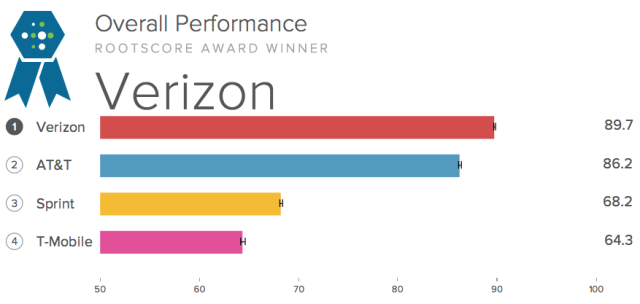
A nationwide test of the four major US carriers' cellular networks puts Verizon Wireless and AT&T in a near-tie in most categories, with Sprint and T-Mobile lagging well behind their bigger rivals.
Verizon was the winner in four out of five categories, including reliability, data, calls, and texts. AT&T won the speed test by a hair and finished slightly behind Verizon in the overall score.
Test results for the second half of 2013 were revealed today by RootMetrics, which calls itself an independent mobile analytics firm. The tests don't appear to be funded directly by any of the carriers, but RootMetrics' business sells "subscription data products to strategic wireless carriers, infrastructure companies, and device manufacturers."
Android tablets outsell the iPad in 2013
// The Verge - All Posts

It's been a long time coming, but Android tablets finally overtook the iPad in market share in 2013, according to new research from Gartner. More than 121 million Android tablets were sold last year, Gartner reports, giving it 61.9 percent of the market. Meanwhile Apple's iPad sold an estimated 70 million units, enough for 36 percent of the market. Notably, Android's high market share doesn't necessarily translate to high profits for manufacturers. Gartner reports that Android's success in the tablet market came because low-priced tablets put them within reach of more consumers than the iPad, which continues to sell at a premium. The fact that cheap tablets would eventually grab the lion's share of the market was all but certain. More...

